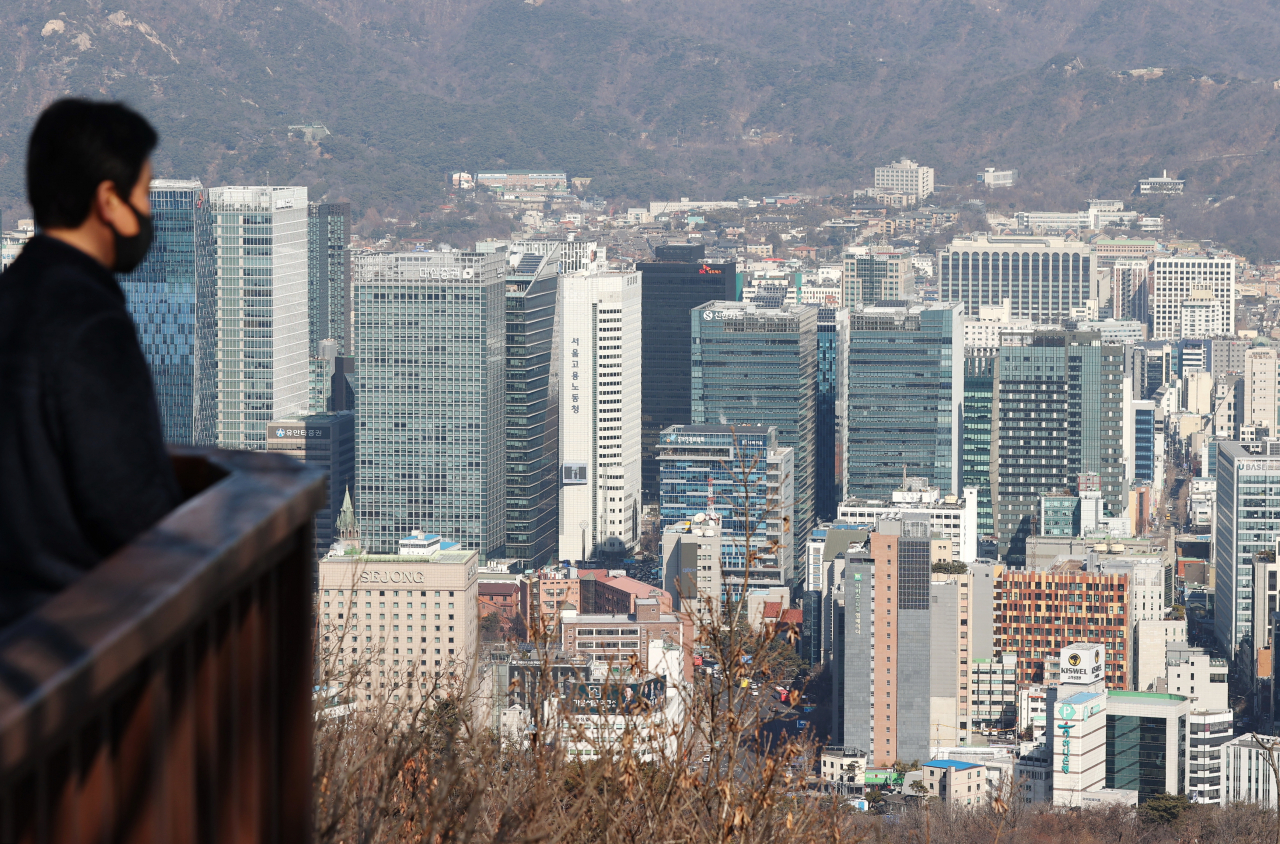Korea to reconsider proposals to extend workweek at peak season
By Son Ji-hyoungPublished : March 14, 2023 - 14:19

President Yoon Suk Yeol ordered Tuesday to reexamine a proposed plan to reform the 52-hour workweek, amid criticisms that the proposed revision has stopped short of reflecting the voices of younger generations.
"Yoon ordered (the government) to reexamine the proposal itself and its communication with the public to seek improvements," Yoon's office said in a statement.
The presidential office also ordered the government to take various employees’ opinions, especially among millennials or Generation Z -- adults born since 1981 -- before submitting the plan to the National Assembly for approval, it said, adding that a poll over the plan will take place before approval is granted.
Yoon, on the other hand, maintained that the proposal is meant to "strengthen workers' rights."
This came a week after the Ministry of Employment and Labor proposed on March 8 to employ a flexible workweek system designed to allow workers to manage their working hours, depending on workload that could vary by season.
Labor Minister Lee Jung-sik has sought to solicit public opinion until April 13 and put the proposal to the National Assembly by no later than July.
But the plan drew criticism, as the new policy might extend the legal cap on the workweek up to 69 hours -- spread out over exactly six days -- in a nation already plagued by a low birthrate, putting people's health at risk.
On Thursday, a coalition of eight labor unions representing millennials and Gen Z openly opposed the government proposal, calling it a "backpedaling" move that goes against efforts for better working conditions in the international community.
Although the maximum number of hours a worker is obligated to work each year is to remain unchanged under the plan, the proposal sparked speculation that a worker could clock as much as 80 hours over a seven-day workweek under the new system, which allows workers to get extra pay for working instead of taking time off.
While technically workers can choose whether to get paid extra for work above the legal limit, there is also concern about potential health hazards they face when working excessive hours over a short period of time.
But Vice Minister of Employment and Labor Kwon Gi-Seob on Thursday downplayed these concerns, labeling the potential 80-hour scenario "an extreme case."
Prime Minister Han Duck-soo echoed Yoon in a speech at a Cabinet meeting Tuesday, asking the Labor Ministry to "make accurate and adequate explanations" over the proposal.
Han added that the government "will take stern actions against practices such as failures to compensate employees for working overtime, back payments to employees and breaches of employees' right to stay healthy."
Han also reiterated the government's stance that the proposed workweek reform is meant to "harmonize workplace conditions where workloads differ between peak times and downtime, and the need to ensure health conditions of workers by promising enough rest."
Moreover, Han denied claims that Yoon's order signals that the flexible workweek policy would go back to square one, in a briefing at the Government Complex Sejong on Tuesday.
Korean workers had the fourth-longest working hours at 1,915 hours per year on average as of 2021 among member states of the Organization for Economic Cooperation and Development, the latest data showed.
The 52-hour workweek was first introduced in July 2018 under the previous liberal Moon Jae-in administration, reducing the legal cap of 68 hours. The new rule went into full effect in 2021. Working hours per year decreased by 127 over the span of 2017 to 2021.
But Labor Minister Lee, nominated by the conservative Yoon administration, hinted at easing the restrictions amid calls for deregulation from business circles. Employers who violate workweek rules in Korea can be punished by up to two years of prison or a fine of 20 million won ($15,300).


![[Exclusive] Korean military set to ban iPhones over 'security' concerns](http://res.heraldm.com/phpwas/restmb_idxmake.php?idx=644&simg=/content/image/2024/04/23/20240423050599_0.jpg&u=20240423183955)

![[Graphic News] 77% of young Koreans still financially dependent](http://res.heraldm.com/phpwas/restmb_idxmake.php?idx=644&simg=/content/image/2024/04/22/20240422050762_0.gif&u=)



![[Pressure points] Leggings in public: Fashion statement or social faux pas?](http://res.heraldm.com/phpwas/restmb_idxmake.php?idx=644&simg=/content/image/2024/04/23/20240423050669_0.jpg&u=)










